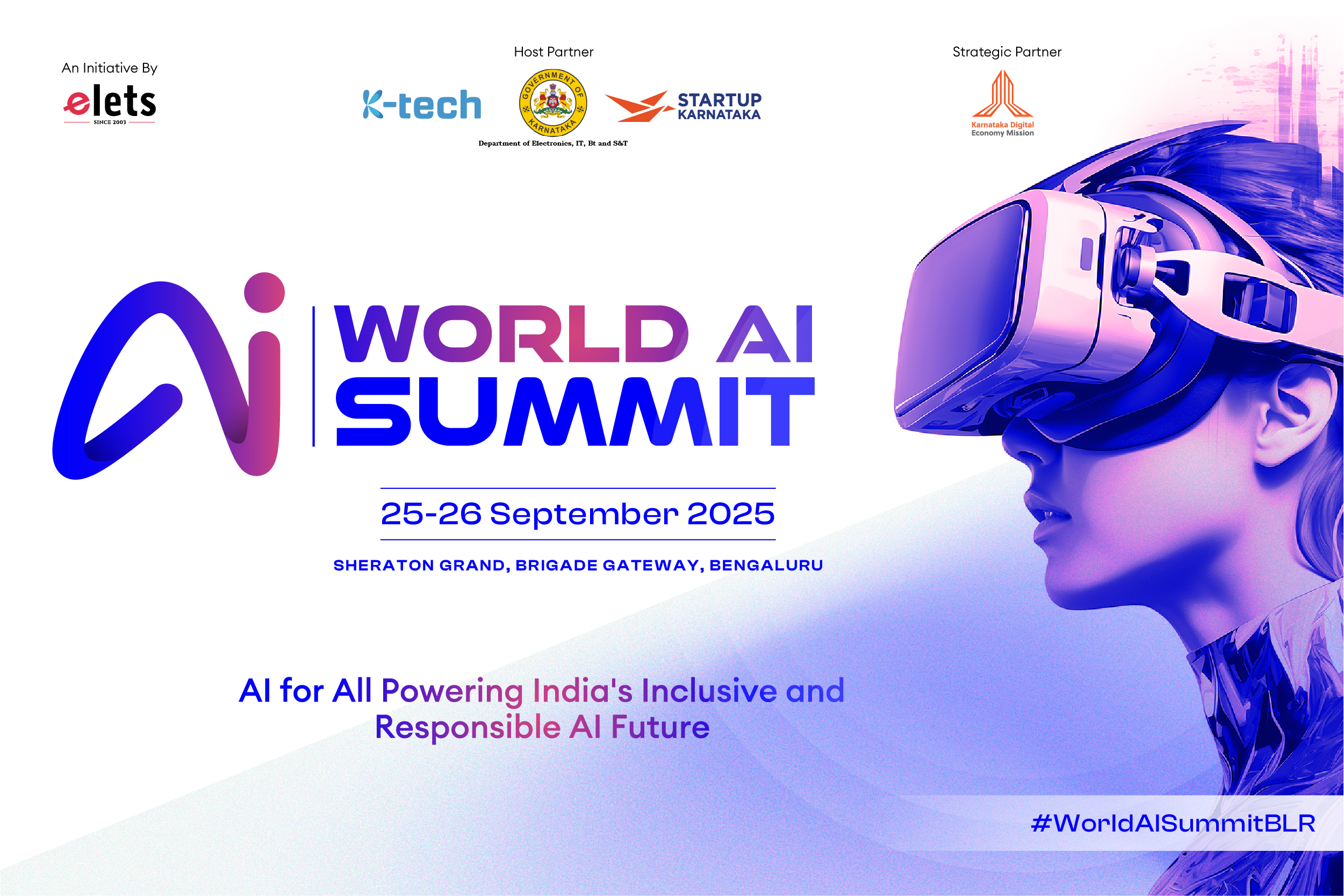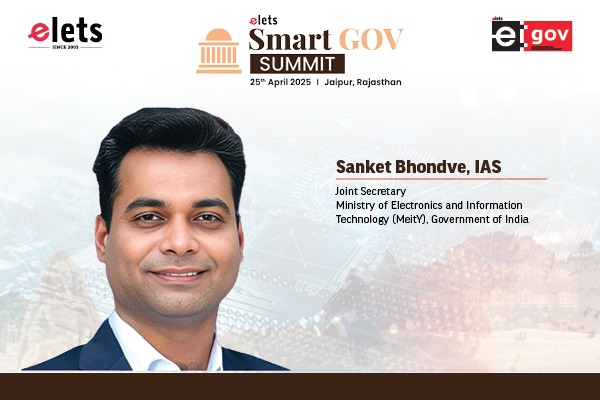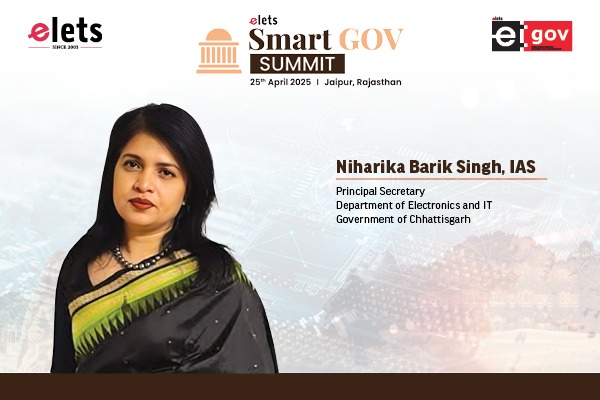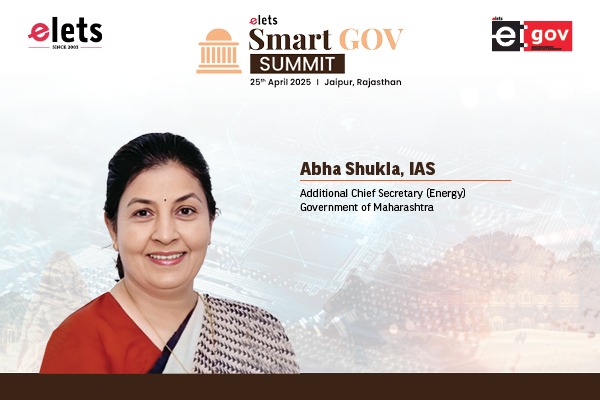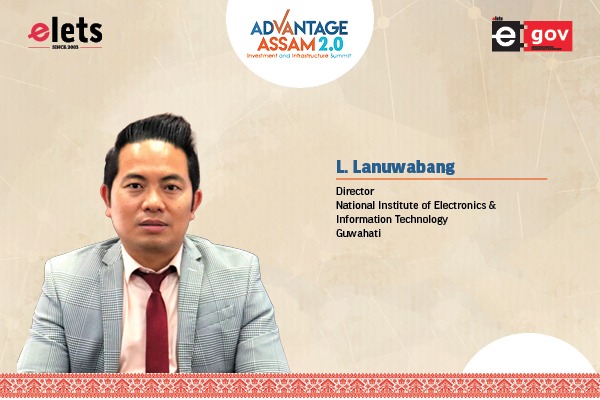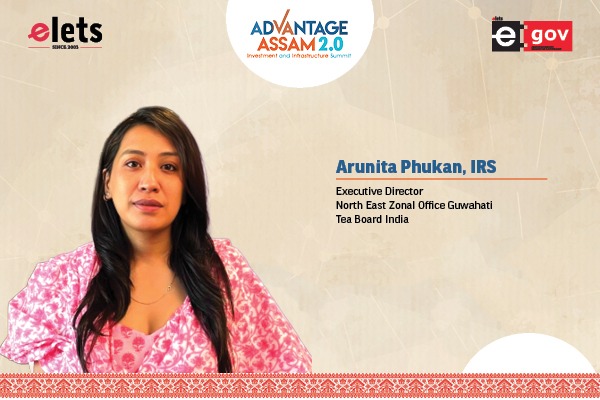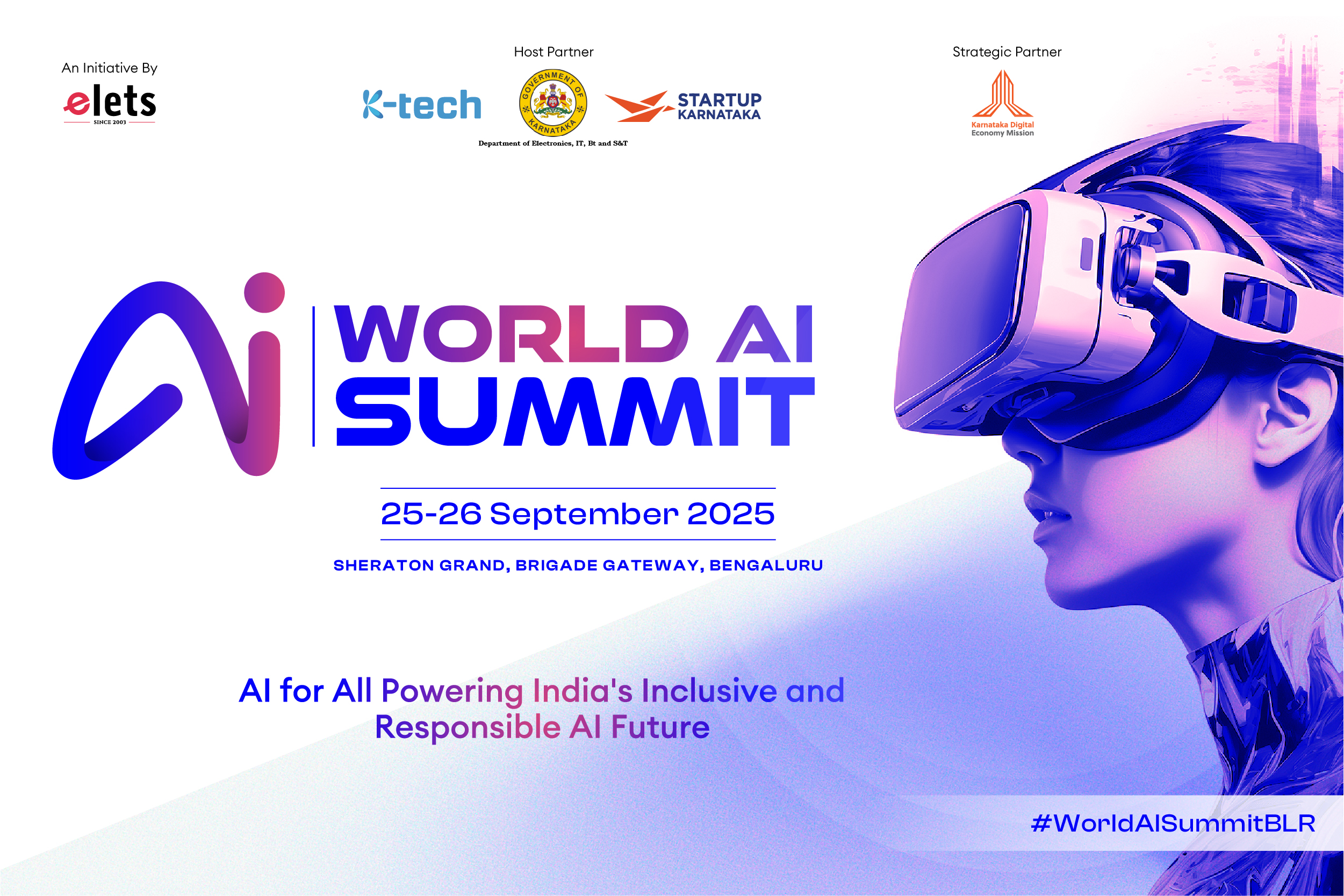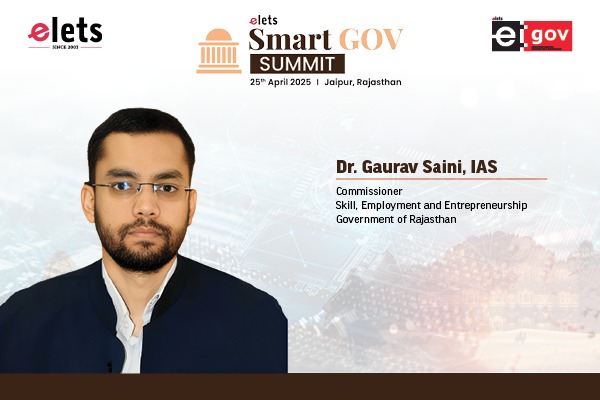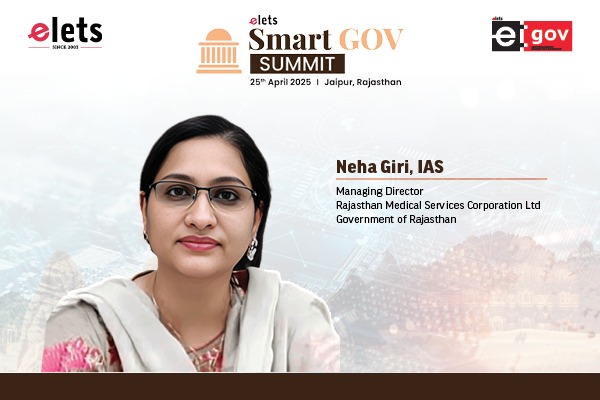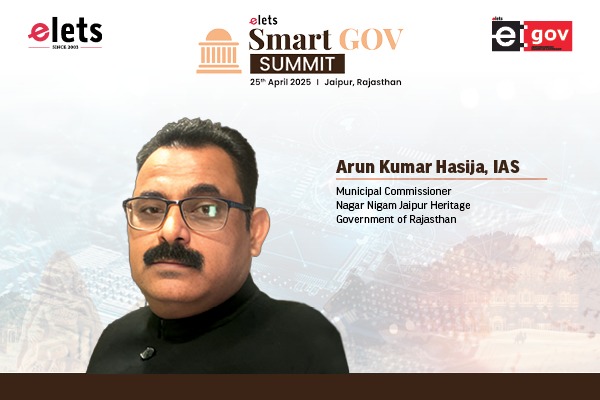Amongst the remote and under developed villages of Andhra Pradesh, motorcycle-mounted computer operators are leading a struggle for social and economic change.
ICT can empower
The Computers On Wheels (COW) project explores the use of communication technologies as a catalyst for empowerment and creation of opportunity. The project works in rural areas where social and economic development is stifled by drought, under investment in infrastructure, poor communication and social inequality. COW currently works in 14 villages, each of which is visited once a week by one of two Information Providers (IPs) equipped with a modified motorbike, computer equipment and cell phone internet link.
The IP provides a range of services designed to address health, educational and agricultural needs. Each service draws upon the knowledge of many outside experts and well wishers who support the COW project voluntarily or with little remuneration.

One of the most pressing issues COW has addressed is that of rural healthcare. A system has been designed to put villagers in touch with a health expert without the need for them to travel many kilometres to a primary health centre A web-based system allows the IP to select options in a questionnaire to describe the patients symptoms accurately without colloquialisms or the need for extended descriptions. Visual symptoms are photographed and posted along with the questionnaires on the Internet. A primary health centre doctor and a visiting doctor in Hyderabad dedicate a few hours a week to log onto a website where they can read and reply to posts from the IP in the field. The system has had some notable successes but it is somewhat impaired by the limited help a doctor can provide remotely. Situations where the service does not eliminate the need to travel to a healthcare centre or where there is little short-term improvement can leave patients dissatisfied with the service. However, the COW model holds a great deal of potential for transmitting valuable information in cases of communicable disease outbreaks in animals and humans. In the future COW is hoping to subsidise the medical advice service using revenue from non-essential but popular services such as events photography. The project will also aim to address long term illnesses.
Another service has been developed to help womens savings groups to keep electronic and digital records of their accounts and photographs for their group management. Members of these groups pool their financial resources and open a bank account in the local village mandal.

The application allows a record of payments and withdrawls by group members. At first group leaders regarded this service with uncertainty perhaps due to the rather unfamiliar nature of the technology involved and maybe in some cases due to reluctance for group accounts to become so unreservedly transparent. However, a direct link to the State Bank of India has since been established. This will allow women’s groups to have access to banking services without the need for journeys of several kilometres to the town or village mandal.
Many community members have embraced COW’s educational and training services with almost unreserved enthusiasm. Computer based lessons in schools are made possible by requesting a small contribution from pupils parents in order to cover costs. Some teachers are so committed that they have offered to cover the cost of the service by contributing personally. In other areas adult learners have identified ways in which they can implement the use of computers in enterprising ways and are actively demanding suitable lessons from IPs. One boy asked for training in graphics and text manipulation saying it would enable him to get a job designing car number plates. On occasion it even seems that the desire to learn takes precedence over the relevance of the material, an IP reported that he had received a request to teach some rather obsolete DOS commands after word spread that they were being taught in a neighbouring village.
The Food for Work Programme
The COW project has worked directly with the Andhra Pradesh state government to assess the pilot phase of the ‘Food for Work Programme’. The programme aims to curb unemployment and improve village infrastructure by employing local people to perform manual work such as road building or well construction. Misappropriation of funds can, and does, take place during these construction activities. Information Providers are able to record information about various aspects of the work taking place in the villages and make it available to government officials in Hyderabad via a secure website.
IPs also interview manual labourers and make certain testimonial information available on the same website. Although data gathered in this way can never be verified as one hundred percent accurate, it is expected that by cross referencing information from official records and the testimony of workers, anomalies will become more obvious and abuses of the system can be identified more easily. With the help of well wishers of the COW project including members of the Centre for Good Governance, Hyderabad and tutors from Jawahalal Nehru Technological University, Hyderabad, a database system was developed whereby the IP can store large amounts of data on his laptop offline before uploading it quickly onto the Internet when he reaches an area with cell phone coverage.
Role of Information Providers (IPs)
IPs take a leading role in the development of the COW enterprise model. They often request training to fill gaps in their expertise or to eliminate the need for outside skills on which they occasionally rely. Information Providers are recruited by COW from amongst the villages the project serves. They are given training not only in the technology they use but also the social needs and problems faced by their communities.
Although IPs are paid a fixed monthly wage in the first few months after they are recruited, they are subsequently paid a percentage of the revenue gathered from COW services which will rise as the project scales up. This is a necessary part of the developing COW model that will allow the project to be sustainable and replicable. Of course, the success of the project is ultimately dependent on a genuine match between project aims and values and those of the IP. Any number of well designed services can be produced, but without a strong desire for improvement in the community on the part of the IP, COW cannot hope for successful implementation to address the needs of the poorest community members.
When recruiting Information Providers the significance of technical skills or previous community work experience is given a lower weighting than the personal values of the IP. There is no replacement for intuition in long-term assessment of IPs as they interact with members of the community, but attempts
have been made to quantify certain qualities in an IP. With help and advice from Managementor – a professional placement consultancy firm – a narrative was constructed which puts the IP in a variety of social situations and asks them to decide on a course of action.
By examining the choices made by the IP it has been possible to identify candidates with skills and sensitivities that compliment the aims of the project.
Hardware and software usage
Storage of confidential information in financial systems such as the banking software raises the importance of the integrity and security of the computer systems used by COW. Back up and security are becoming increasingly important as the project grows. Until recently COW has used entirely proprietary software. At the outset of the project there was little incentive to migrate from the Windows system shipped with new laptops.
There seemed to be many far more important considerations of project design to concentrate on. As the project has matured and the need for greater security and virus resistance has grown, so has the case for FOSS. Migration to a Telugu Linux distribution would potentially eliminate the struggle IPs and trainees have in navigating an entirely English user interface. The use of FOSS would also ease the growth and replication of the project by eliminating the need for expensive licences. However, much software COW uses has been developed by outside organisations and can only run on a Windows platform. In addition, members of the community demand training in the most widely used software and operating system: Windows. These are barriers that will have to be broken down if the project is to migrate to FOSS.
Hardware systems were a very important consideration from the beginning of the project design. A low powered motorbike was chosen as a means of transport for the IP because they are economical to purchase, run and maintain, easy to ride and they cope well with the rough and potholed tracks between villages.
The motorbike is modified to carry a laptop, printer, speakers for multimedia presentations and a power source. Experiments were performed with a solar panel mounted on a foldable shelf on the motorbike.
However, it has since been found more efficient to mount a larger solar panel on the roof of the IPs house and use this to charge portable car-type batteries. Internet access is via a cell phone.
The connection is expensive and signal coverage is limited, but the system is used for short uploads and downloads rather than extended web browsing. The internship I spent with Computers On Wheels was the latest in several hosted by the project. Interns have been a source of technical support but applicants have been judged not simply on what they can contribute in terms of skills. Pingali Rajeswari, the founder of Computers On Wheels, considers interns’ motivation and commitment just as important. She hopes the experience and knowledge that COW gives Information Providers and interns will enable them to become independent of the confines of the project and become part of a larger movement for social empowerment and equality.
Be a part of Elets Collaborative Initiatives. Join Us for Upcoming Events and explore business opportunities. Like us on Facebook , connect with us on LinkedIn and follow us on Twitter, Instagram.
"Exciting news! Elets technomedia is now on WhatsApp Channels Subscribe today by clicking the link and stay updated with the latest insights!" Click here!




